Is The Foreign Exchange Market Likely to End in Favour of Nigerians
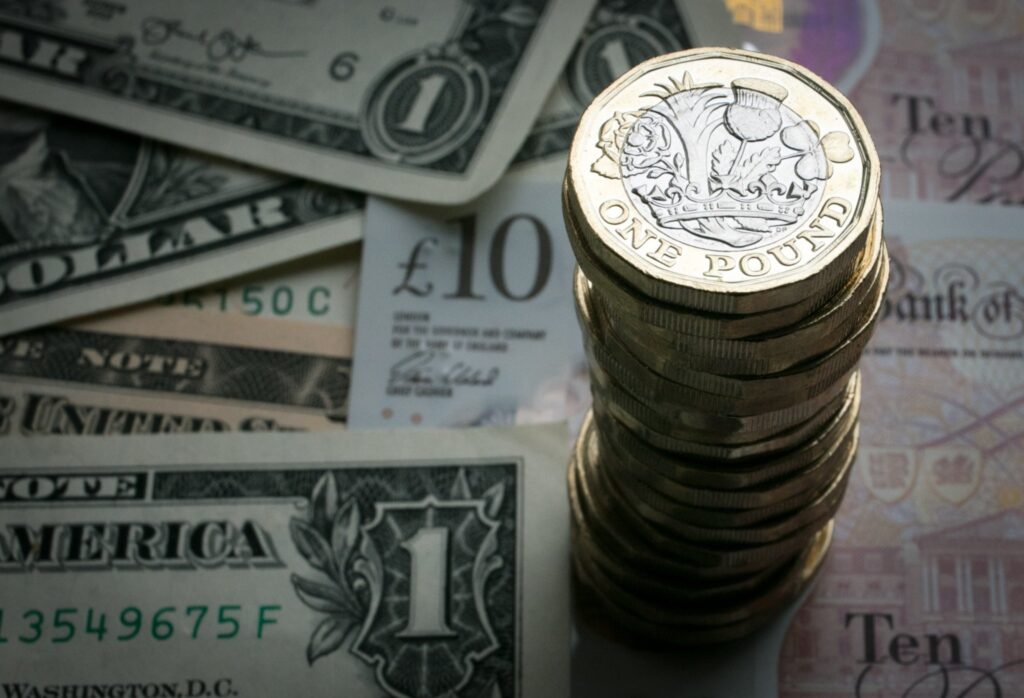
By Oluwatosin Emmanuel Oladetan
Nineteen months since May 2023 have presented an economic environment with increased speculations about the Nigerian 16th president administration’s policy response to financial stability and economic growth as a tall order has been set to deliver $1 trillion economy within a decade.
We will continue to monitor the possibilities of this dream becoming a reality within the expected timeframe slot.
Christmas came earlier than planned in the Nigerian Foreign Exchange market as the CBN unveiled the Electronic Foreign Exchange Matching System (EFEMS).
The Financial Markets Department of the CBN issued a guideline to further strengthen transparency, fairness, efficiency, allotment, compliance, and minimizing counterparty risk arising from foreign exchange trading by banks and authorized FX trading parties or dealers on November 25, 2024.
The collaboration of CBN and Bloomberg in delivering the B-Match platform is translating into results in its early life.
The recent reasonable stability and appreciation of the Nigerian Naira against the US Dollar and other foreign-denominated currencies is attributable to several factors such as the EFEMS, diaspora remittances, IJGB gang who were ready to trade some hard currencies for the naira (a seasonal factor), oversubscription of the Nigerian $2.2 billion Eurobond, increased balance of the Nigerian Foreign exchange reserve, increased foreign inflows from the world bank, IMF and other multilateral funding organizations, positive outlook on trade balance as the nation reported a trade surplus balance in Q3-2024 and September YTD 2024.
On a September YTD analysis of Nigerian export trade, the split of the trade is as follows Crude Oil: 72.56%, Other Oil Products: 16.56%, Agriculture: 5.06%, Manufacturing: 3.13%, Raw Material: 2.02%, Solid Minerals: 0.35%, and Energy 0.32%. Crude Oil still accounts for about 40% of the total Nigerian traded commodity.
The Customs Exchange rate available from the FGN single trade window also reflected the naira appreciation as the rate is usually set by the CBN based on the closing rate on the Nigerian Foreign Exchange Market (NAFEM).
The parallel market response to the naira appreciation is slower than what is evident in other markets as there is still a wide margin between the official exchange rate and the parallel market rate for foreign currencies.
The largest single train refinery in the world under the leadership of Aliko Dangote made the first export of refined crude oil produce to Cameroon situated on the eastern border of Nigeria.
Even though the refinery is currently not sourcing all its feedstock from Nigeria nor operating at the maximum operational capacity of processing 650,000 barrels of oil per day, the refinery achieved a very remarkable feat for the nation and Africa at large as it is delivering one of the expected outcomes of the AfCFTA agreement, a means of delivering more foreign exchange for Nigeria, promoting intra-African trade and wealth distribution within Africa.
We expect that there should be active competition in the market in the medium and long term to drive local sourcing costs lower as South Korean investors have proposed investment in developing four 100,000 barrels capacity, Port-Harcourt refinery discharging produce, and increased investment in modular and large-scale refineries.
We should also keep in mind that Uncle Aliko Dangote still needs to maintain his steeze and composure as a businessman required to deliver expected returns on capital in the refinery operations and not pose as Santa Clause that will give us a Christmas gift by making the price of fuel return to ₦200:00 before the end of the year as he has done the best he can do at ₦899:00.
The short-term positive signals in the foreign market indicate a likely ease in the consumer’s purchasing and economic power if the strengthening continues.
The federal government through the Minister of Finance and Coordinating Minister of the Economy has issued a nine-month amnesty foreign exchange programme to bring all FX available in the market into the formal financial system before holding foreign currencies being considered as unsafe, insecure and illegal.
As regards the CBN stance on the MPR rate being at 27.5%, +500/-100 basis point asymmetric corridor, CRR at 50% for DMB, CRR at 16% for Merchant Banks, liquidity ratio at 30% indicating a sixth time increase in interest rate after the 28th Monetary Policy Committee (MPC) meeting held between 25 and 26 November 2024.
This contractual monetary policy stance is not too friendly for business but positioned to taper inflation reported at 33.88% in October 2024.
The current inflation is supply and not driven triggered by naira devaluation, high input cost of raw materials, high cost of energy as the National Grid is no longer reliable after recording 12 collapses this year due to several reasons including the shortage of gas supply as the NMDPRA claimed the federal government and some Gencos owe gas producers over ₦2 trillion.
Our expectations from the market are stability on the MPR rate in Q1-2025 and ease in Q2-2025 if naira strengthening continues.





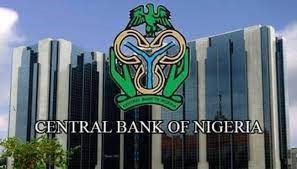
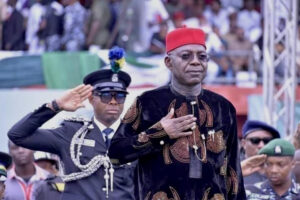

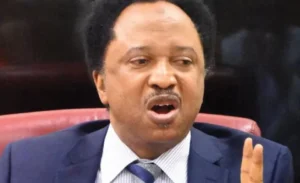
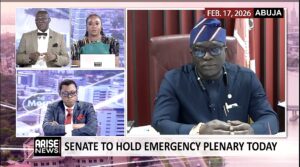

1 thought on “Is The Foreign Exchange Market Likely to End in Favour of Nigerians”